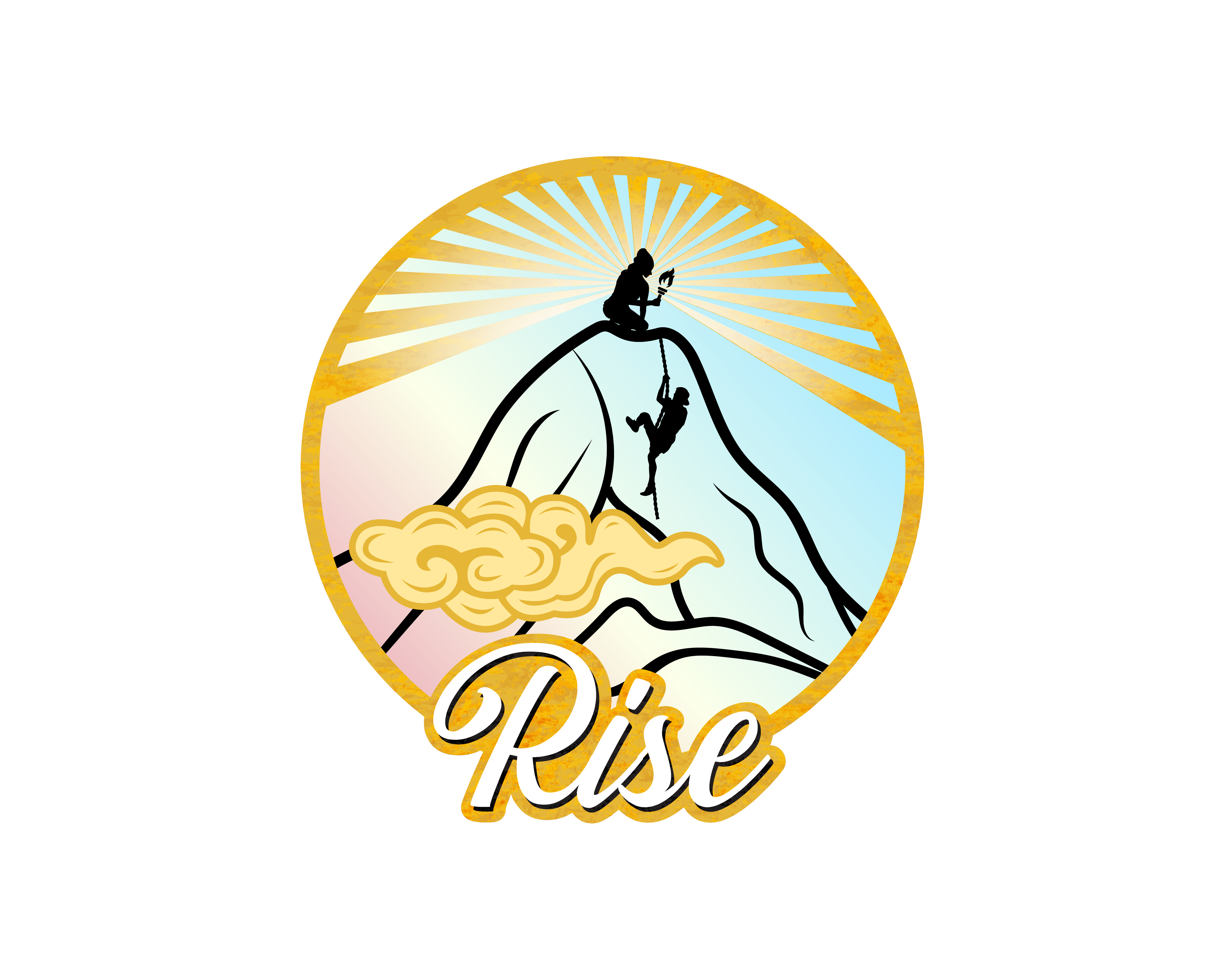Relationships are our biggest mirrors. By this I mean, we enter a partnership seeking love, acceptance, and fulfillment and then later discover that with this can also come frustration, anger, and disappointment. This can mostly be attributed to the expectations we place upon the other person. Subconsciously, we are hopeful that they are the person to free us from ourselves by giving us all the love and attention we seek. Unknowingly, they are set up for failure with the immense pressure of being someone they simply are not or cannot sustain. It is does not take us long to discover that they too have their faults and perhaps the things that upsets us most about them are displaced issues we find in ourselves.
Each person brings baggage into a relationship and this can look like a fear of intimacy and vulnerability because they have been hurt before, deep emotional wounds caused be negligent caregivers in their childhood, avoidance and lack of ownership in their own faults, etc.
In order to truly love another, we must love all of them. We cannot feel truly loved if it is inconsistent. Imagine if a partner said, “I love you when you are being nice and sweet but not when you are angry.” They are basically telling us that we are unloveable when we experience the inevitable negative emotion.
Fully loving someone does not mean you have to be accepting of all their behaviors though. This is where shadow work can be used as a tool to eliminate the behaviors that are damaging the essence of the relationship. Shadow work aims to remove the baggage brought into the relationship so that you can show up as your best self and continue to improve. It brings awareness to the unconscious or disowned parts of our personality that we try to avoid, ignore, or suppress. It is not comfortable work but the greatest transformation comes from going through the discomfort, not around it.
There are many ways to do shadow work but if you want to focus on ways to present better in a relationship then you should first explore your earliest attachments and the way you presented in previous romantic relationships.
What you will start to notice through shadow work is that you will take responsibility for your thoughts, emotions, actions, and behaviors. You will begin to look inward for solutions to difficulties, owns up to your faults, voice why they occur, and be overall more self aware.This newfound awareness allows you to transcend a victim role from your past so that you can take control of your life going forward.
When both couples do their shadow work, magic happens.To keep the energy flowing, both couples need to be growth minded and working toward self improvement in the areas they need it. The magic I am talking about can look like more emotionally connected and intimate conversations where you are able to talk about difficulties in your past and explain why your limitations exist without the fear of abandonment. In a loving secure relationship, your partner will accept the person you are and be curious to know about where your behaviors come from so that they can best support you on your inner journey.
If your partner can easily point out your faults but never take ownership for their own, then they are in the midst of avoiding or suppressing themselves. In this instance, seeing their partner go through the process can be motivating and inspiring but if they continue to remain in their ways while you are growing then the relationship will reach a breaking point.
Here are some ways you can start your shadow work journey that will deepen your ability to love and create intimacy in your relationships.

Journaling
This is by far the best way and easiest way to start. Write down and answer the following questions in your journal.
How did I receive and give love growing up?
What are my assumptions and beliefs about relationships and love that I learned as a child?
Is there a pattern I notice when reflecting on all my past relationships? Do they have similarities in their behaviors, appearance, status,…? Do they have an aspects that remind me of my parents?
What feedback did they give me during the struggles of our relationship?
What faults did I discover in myself from my previous relationships?
What fears and assumptions have I developed about love and relationships?
These questions will provide awareness of how you formed your first attachments and how this may still be effecting you now.
Another great journaling technique is to make lists.
For example, make a list of all your known fears, limitations, and resentments. Then reflect on each of them and look for ways to link them to your past to uncover core wounds that created core beliefs. Write down another column with a list on how you usually respond to things that trigger these issues and how it may be affecting your relationship.
Mindfulness
Get in touch with what your body is trying to tell you at any given moment. Bring awareness to your difficult emotions, any unusual or uncomfortable sensations in your body, or any physical reactions you are experiencing. Sit with it and ask “What is this reaction trying to tell me?” or “Why am I experiencing this?”. If your usual response is to ignore them then do the exact opposite by focusing on it and try to understand why it is happening. Research has linked physical ailments as direct results of our trying to suppress difficult emotions. This energy has to go somewhere. What this practice can look like is as follows. “The lower right part of my back hurts. I feel a tightness and sharp pain right now. What is this pain trying to tell me? I usually feel this pain when I am under immense pressure at work. It could be directly linked to my stress. I am feeling not only stressed at work but stressed about the dwindling connection between my partner and I. I first started noticing this back pain when I found out my previous partner cheated on me. I am afraid that my current partner will cheat on me…”
Inner Child Work
Revisit old memories that cause distress and ask yourself what does this child self need to hear or experience in this moment in order to heal.
Consider how any resentments or fears you formed during childhood is holding you back from being in a loving and secure relationship.
Find ways to get in touch with this child self so that it can be nurtured. This can be through a guided visualization, revisiting a form of play you used to enjoy, writing your child self a loving letter…Be creative and base it on what feels right for you.

Dream work
Our subconscious mind has the most unusual method of solving our daily issues or sorting through memories through our dreams. When you get good at understanding symbology and noticing patterns then your dreams will start to make more sense and can be used as additional paths for seeking understanding in yourself. Analyzing difficult dreams is a form of shadow work. For example, if an ex keeps appearing then notice the environment and situation that occurs when they appear. How do you feel when you see them? This will give you the biggest clue as to why this relationship is keeping you from moving on. This very process might even put a stop to this reoccurring nightmare.
Revisit the Past
Sometimes we need to have conversations with people in our past in order to seek closure. If a previous relationship ended abruptly then we bring in fear and assumptions to our next relationship. If it is possible to have an adult conversation with your ex in order to seek closure then I suggest doing it. If they don’t have the emotional maturity to sit with you and provide feedback without attacking you then this is not the best idea.
Work With a Professional
Working with a professional, like a counselor or a coach, provides you the opportunity to further uncover your issues with a person who is deeply knowledgable and trained in the many methods of psychological development. They will help you see your blindspots that you may have never realized were there previously.
I utilize shadow work in my personal life and in my practice so that I can guide my clients toward a greater understanding of themselves and a sense of love and acceptance for the parts of themselves they used to despise. Click here to book a session with me and start this process.

